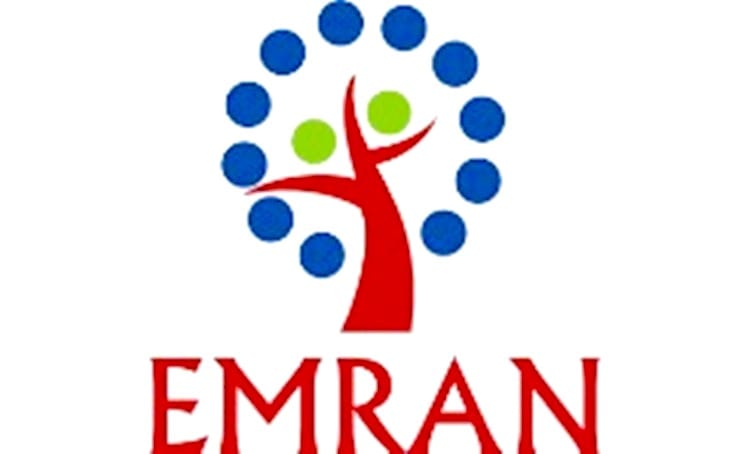Despina Laparidou presenting at the 18th European Congress of Psychology

Despina Laparidou, Research Assistant and part-time PhD student at CaHRU, recently attended the 18th European Congress of Psychology (ECP) at the Brighton Centre in Brighton (3-6 July 2023) and presented the findings of one of her PhD studies, called “The Continue reading Despina Laparidou presenting at the 18th European Congress of Psychology




